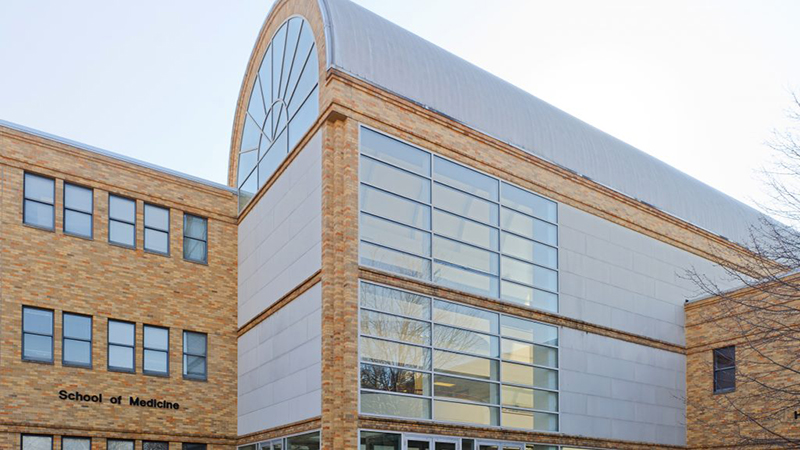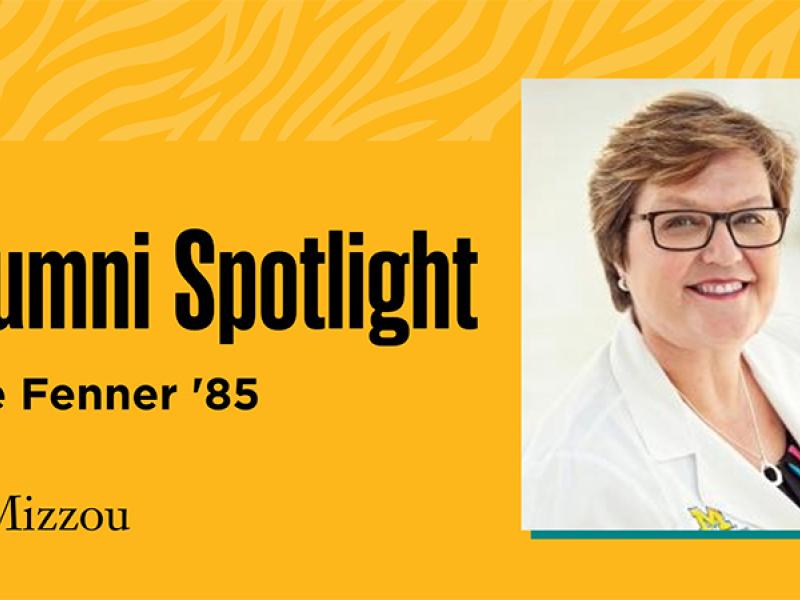
When Gerard Fischer was looking for a place to study hospital administration, he sought the brochures of every accredited program in the nation. He was so convinced the University of Missouri was the best choice, he didn’t apply anywhere else.

After Fischer received his master’s degree in health administration in 1984, the quality of that education was put to the test. At age 25, he became the administrator of Prosser Memorial Hospital in Prosser, Washington.
“That was kind of jumping into the deep end of the pool,” Fischer said. “I’ve had just a terrific career. One of the major things that launched that career was my degree from the University of Missouri.
“What you learn in the books is one thing. Actually, being in the reality of the world and working with people is a little bit different, but I think I was as prepared as I could be. Definitely without that degree of education, I would never have made it.”
Fischer is now the vice president for ancillary services at Kaiser Permanente in Seattle. After more than 30 years in management and with his children almost done with college, Fischer’s thoughts turned to philanthropy.
One of his lifelong passions has been the arts. When he was younger and had more free time, he strummed the banjo for fun. As he got older, the banjo got less use, but Fischer’s appreciation of music and theater have continued. He also appreciated the role MU played in launching his career.
So, he selected the Spokane Symphony and MU’s Department of Biomedical Informatics, Biostatistics and Medical Epidemiology (BBME) as the benefactors of his estate.
“That was good, but what was kind of gnawing on me was that this was not going to do anything until I die, and hopefully that is a long ways off,” Fischer said.
Randi E. Foraker, PhD, the chair of MU’s Department of BBME, stayed in touch with Fischer and kept him aware of the challenges the department was facing during hard financial times at the university.
Fischer decided to make a $25,000 donation to the BBME department, earmarked mostly for scholarships. Then he decided to do even more, offering to match up to $25,000 if the department could raise that much money in 2017. The matching grant is expected to help fund the salaries of graduate research assistants.
“That’s not what I expected to do, but (the matching grant) got people motivated, and they started a campaign that was very successful,” Fischer said. “They’ve raised well over that $25,000.”
Through October, the total money raised, including Fischer’s matching grant, was $97,000. Fischer hopes his gifts will help the next BBME student be ready for a plunge into the deep end after graduation.





